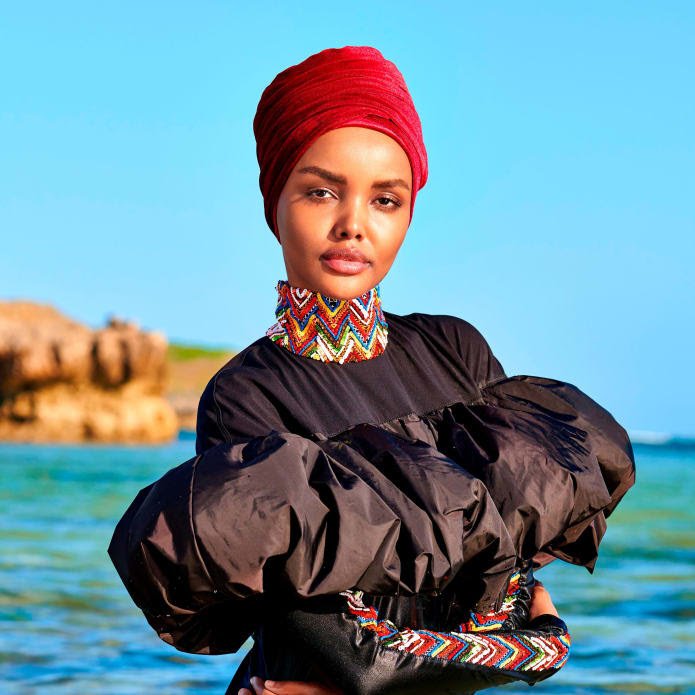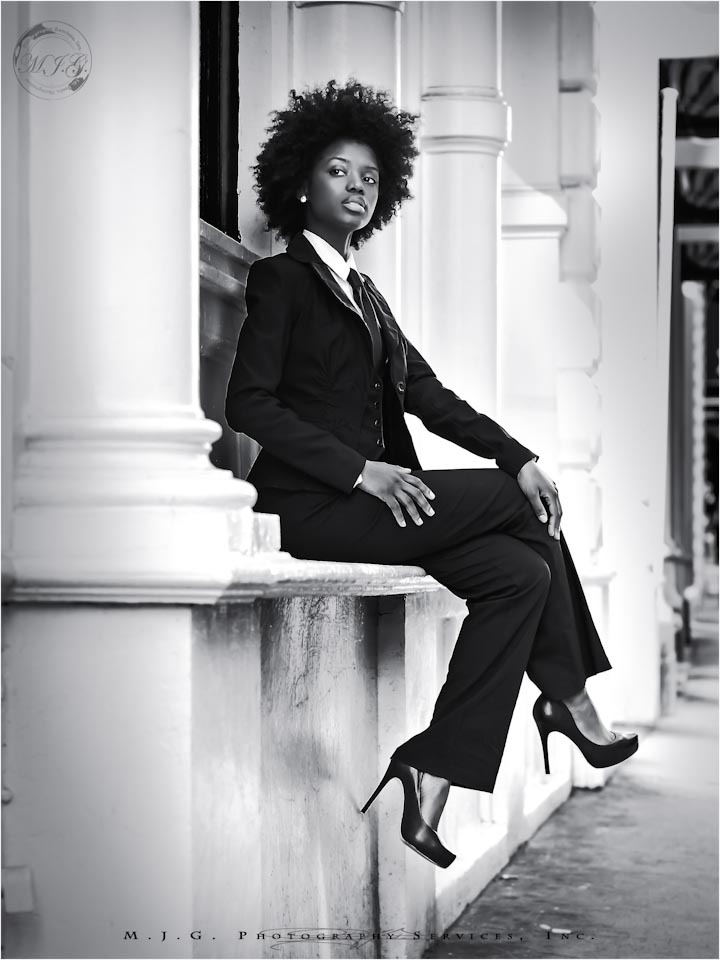Flowers are beautiful. Everybody loves flowers because of the freshness and aesthetics they add to homes, offices and exterior spaces. Mary Nyaga, a Kenyan florist and founder of LorMar Florium is on a mission to adding joy and beauty to people’s lives through flowers.
Mary is harnessing the power of technology to do this through a subscription-based flower business using an App called Flowerhood that creates virtual floral arrangements and messages for customers to send to their family and friends.
Mary Nyaga is a co-founder of LorMar Florium, a business launched in 2019. She started the flower subscription company using the highest quality Silk artificial flowers.
Not willing to shut down business as a result of covid, she decided to take the business to another level by giving people an opportunity to create their own flower designs and personalize them with messages through their App called Flowerhood.
Mary describes herself as having an entrepreneurial spirit and a creative, having tried a few businesses. Taking women through a Leadership program where they have to draw their goals really motivated her to capture her dreams in her own form and drawing.
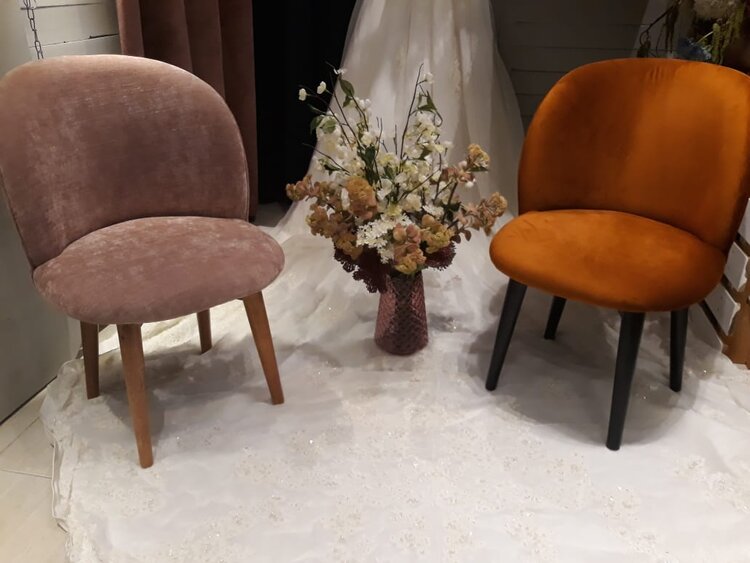
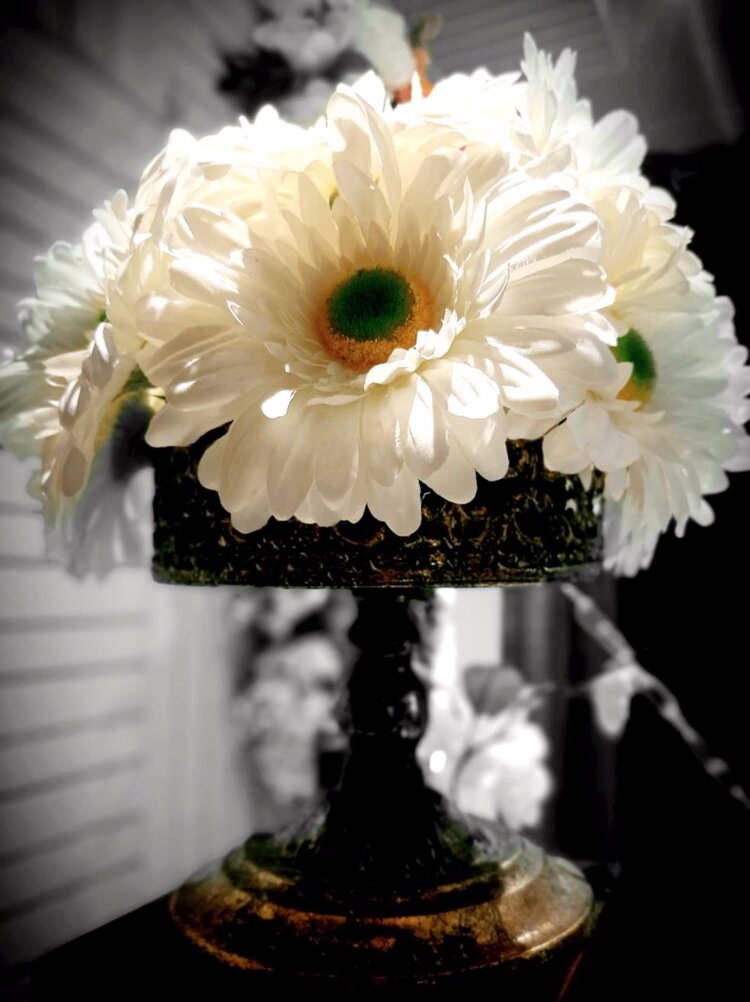
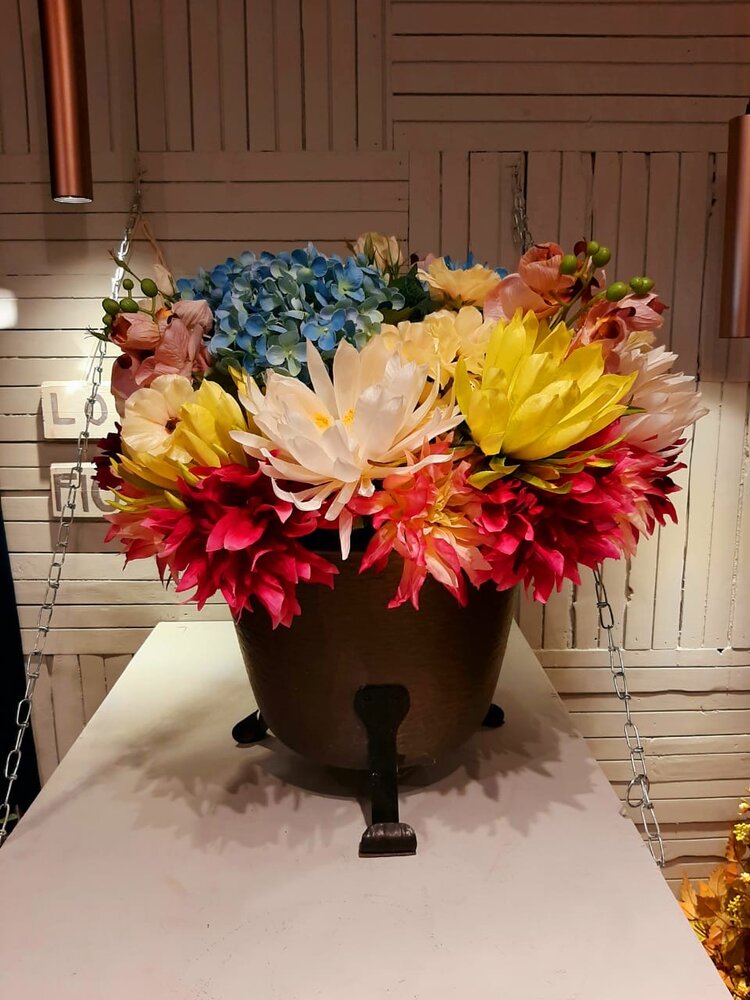
LorMar Florium, is a flower subscription company with different arms and product/service offerings. They have a flower studio with amazing flower delectables, creating a setting for brides or other people to come choose the array of colourful silk flowers. They also do flower design training and photography at our studio. And their App, Flowerhood, now on Google Play store allows customers to create virtual arrangements that they can send to their dear ones near and far, giving the gift of thoughtfulness to dear ones. Mary sees the flower industry as a great opportunity to bring connectivity to others.


Mary has been a jack of all trades, living in other countries and just picking up on what could come in as an extra income, and the good thing about this kind of lifestyle is that it has a way of leading you straight to where you want to be.
She had a school that she founded In Uganda which she had to let go after moving back to Kenya. On the side, she had a jewellery and shoe shop selling high end and unique products, and at one time she also ran a clinic. This also enabled her to network unconsciously back then. Moving back to Kenya accelerated her leadership journey and yet it was her entrepreneurial spirit which led to starting up her flower business, LorMar. Mary’s background of entrepreneurship sure contributed to her path as her grandfather was an entrepreneur and some of her family members too. Her mother has a streak of entrepreneurship in her as well.
Mary is pleased with being an entrepreneur because of the motivation and other benefits that come with it. For her, she loves the work-life balance that comes with entrepreneur. She enjoys the freedom to think, explore ideas and grow her business whenever she likes. She enjoys the freedom to also engage in other activities that gives her a boost mentally, spiritually, emotionally and physically. For her, her greatest pleasure of being an entrepreneur is the flexibility of time to engage in other things.
Her advice to going women who are seeking to start up is this, “Ladies, women, young and mature, I would just say start. Write down the areas you are interested in, see how best you can do in your different business ideas, single out them out. Do your research, network, get a mentor, be confident in yourself, and do not be afraid to speak up. For me, not speaking out cost me. Now I know better and I can say look at me now. Be proud of yourself and note down every little success. Those little successes put together are key milestones.”


